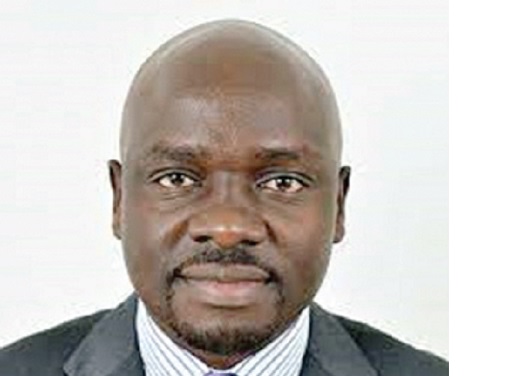
IMF supports BoG to strengthen financial sector
THE International Monetary Fund (IMF) has appointed a Resident Adviser to the Bank of Ghana (BoG) to oversee and help strengthen financial sector supervision in the country.
The fund appointed Leonard Chumo, an Irish and Kenyan, to the central bank this month to provide technical assistance and help build the capacity of the banking supervision function of the regulator.
Mr Chumo will stay for three years, a statement from BoG said
Continuation
BoG said in the Tuesday, February 14, press release that the appointment was on the request of the central bank and will be fully funded by Switzerland’s State Secretariat for Economic Affairs (SECO).
The statement said it was the second time since 2015 that the country was getting an Adviser from the IMF.
Advertisement
“The Adviser’s placement is a continuation of cooperation in this area between BoG, the IMF and SECO that started as early as in 2015 and had already seen the assignment of a previous Adviser until 2018.
“Achievements from the past collaborative efforts include the passage of the Banks and Specialised Deposit-Taking Institutions Act, 2016 (Act 930), the development and issuance of the Corporate Governance Directive 2018, and the Capital Requirement Directive 2018,” the statement said.
Experiences
It said that Mr Chumo brings first-hand knowledge of supervisory work from leading central banks as well as previous technical assistance experience in the Western Africa region.
The statement also said Mr Chumo started his assignment in BoG on February 6 this year and was expected to stay for three years.
“Among others, he will support the implementation of Pillar two and three of the Basel II/III capital frameworks, as well as strengthen the Risk-Based Supervisory framework at BoG.
“BoG wishes to express its utmost appreciation to SECO for the continued funding of long-term technical experts from the IMF to the bank,” the statement said.
Ghana is closing in on a three-year US$3 billion support from the IMF to help reorganise its finances for the cedi depreciation and inflation to stabilise.

